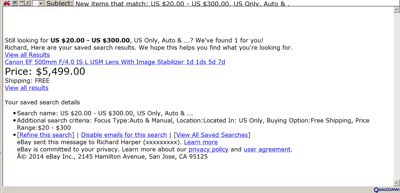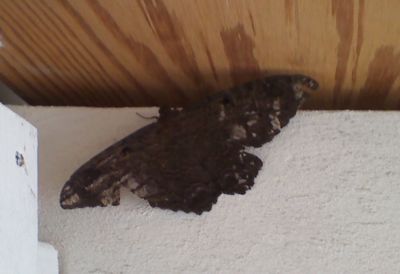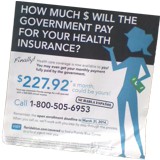I hate liars more.
!@#$%& KMart had peanuts on sale and I needed a clothes line. The peanut aisle was, of course, empty of peanuts and had no “sale” stickers on the shelves so I went to the front counter to grab a flier, just to make sure I was right.
I was.
A slight aside: This event occurred at the Marathon, Florida, KMart. This store, perhaps the least liked of all KMart locations, has long been said to be the most profitable per square foot of all that chain’s retail locations. Local customers dislike the store because they regularly run out of sale merchandise. Local customers dislike the store because many of the staff are surly or missing. Local customers dislike the store because the one or two open checkout lines are always backed up and slow. A typical Yelp review of this location was “now I know why KMart is struggling and closing stores.” It does have a decent fishing section. There were no peanuts there, either.
Since I was at the customer service counter and there was no line, I asked for a rain check.
“What’s a rain check?” the customer service employee asked.
After I dope slapped myself to make sure I heard correctly, I explained.
“This term comes from baseball, where in the 1880s it became the practice to offer paying spectators a rain check entitling them to future admission for a game that was postponed or ended early owing to bad weather. By the early 1900s the term was transferred to tickets for other kinds of entertainment, and later to a coupon entitling a customer to buy, at a later date and at the same price, a sale item temporarily out of stock.”
“Oh, we don’t give those.”
“Of course you do. Every KMart in the country does.”
“No we never have.”
We never have?
Welcome to the MyKmart Community!
Rain checks are normally offered as a final solution after all other options have been completed in locating your item. Rain checks do not apply to special purchases, clearance and closeout sales where quantities are advertised as being limited.
Normally once a rain check is filled out, you will be called once the merchandise comes in and have a specific amount of days to come in and pick up your items, otherwise they will be placed back on the shelf.
Another employee was there. He said they did and to call Mr. So-and-So.
“No, we don’t do that.” The other fellow faded. I guess he saw the look on my face. I hate to be lied to.
A third rocket scientist came up.
“Oh, we have never given rain checks,” she said.
That’s when I returned my cart to her.
Rain checks are a good news/bad news solution for a retail store. Every business wants to minimize inventory and maximize inventory turns. If you hold too much inventory, whether on the shelf or in the warehouse, you risk getting stuck with stuff you can’t sell. If you hold too little inventory, then you risk running out and losing customer good will. Either problem costs you money.
KMart apparently worries not about losing customer good will.
Were I a KMart employee, particularly one charged with maintaining inventory, I might not want to give a customer a rain check either. See, their 1940s policy to bring in the oversold/sold out merchandise, store it in the layaway center, and then stand around in the layaway center back there in the far dungeon of the store waiting for the customer, I’m sure I’d find something better to do with my time.
Still, were I a KMart employee, I wouldn’t lie about it to the customer.
!@#$%& Kmart. I never did get my clothesline.



